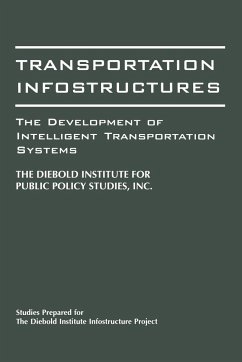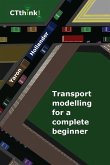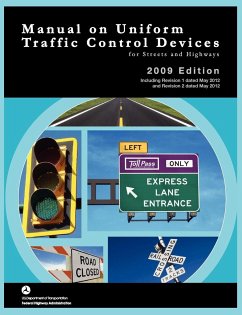This volume, the first to result from the Diebold Institute Information-Based Infrastructure Project, explores the links between business and government in the development of intelligent transportation systems (ITS) technology. The work focuses on road and vehicular infrastructures, comparing those of the U.S., Europe, and Japan, and the roles that ITS can play in solving major current and anticipated future transportational problems. Special attention is given to environmental and economic concerns. The world's infrastructure requires refurbishing, but it especially requires rethinking. The computer has transformed business enterprises and now information technology can change our environment. This book explores the benefits and how to achieve them through the use of intelligent transportation systems (ITS). The implementation of ITS will potentially lead to individual drivers, fleet operators, and public transit users saving vast amounts of journey time and fuel, to a significant reduction in pollution and to improved road safety. The Japanese are ahead of the U.S. and Europe in the area of intelligent transportation systems, using position location devices, and electronic maps. Most look at this development as one that helps speed passenger cars, but this book details the economics which point to the technology being equally good for speeding trucks and easing the movement of freight. Traffic avoidance is only part of the problem although route guidance is helpful. Financing of projects in ITS is an important area for innovation and ITS could be a source of revenue to municipalities rather than an expense.
Hinweis: Dieser Artikel kann nur an eine deutsche Lieferadresse ausgeliefert werden.
Hinweis: Dieser Artikel kann nur an eine deutsche Lieferadresse ausgeliefert werden.








